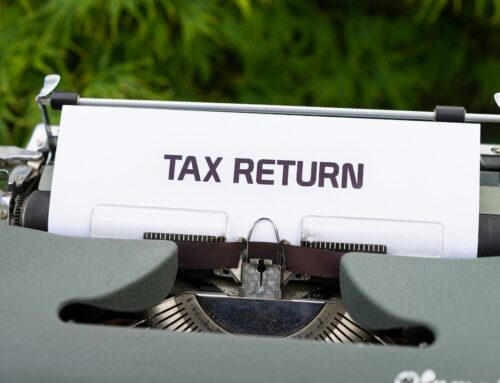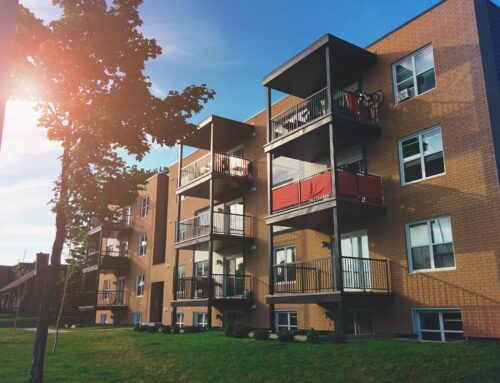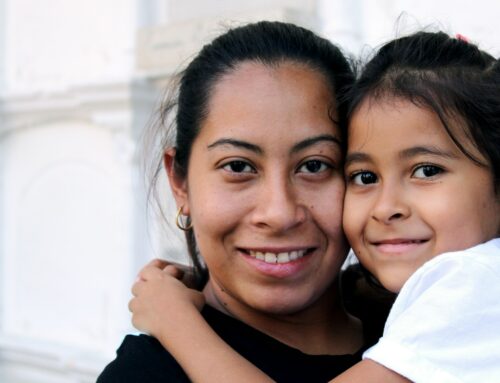Welcome to Montréal, where French and North American cultures come together like pancakes and maple syrup. Yes, it’s a beautiful case of international fusion. But just like a jug of syrup, it can sometimes get messy. And nowhere is that mess more evident than in the language laws of Québec.
For all practical purposes, Montréal is a bilingual city, but the infamous Bill 101 makes it very clear that French is the official language of the province. This can be a source of frustration for anglophone families who prefer to enroll their children in an English speaking school. Québec has some pretty strict criteria for anyone who wants to attend a school with primarily English instruction. To learn more about that, check out our popular articles on Eligibility for English Education in Montréal and Bill 101 and English Schools in Québec , or the French version Inscrire ses enfants à l’école anglophone au Québec.
But the confusion does not end once you’ve received your high school diploma. Some of the most important provisions of Bill 101, or the Charter of the French Language, concern the use of French and English in the workplace. In this article we will explain exactly what this means and how these language laws apply to people and companies doing business in Montréal and the Province of Québec.
Language law in Montréal and Québec
Originally enacted in 1977, the Charter of the French Language, more commonly referred to as Bill 101, makes it very clear that French is the official language of the Province. The law has been amended several times since then, but the fact remains that French takes precedence over English as the language of government, commerce, employment and education.
Yes, there’s a reason they call it French Canada, and the provincial government is seriously committed to preserving and protecting the region’s European heritage.
How the language laws apply to businesses in Montréal and Québec
Because French is the official and primary language in the province, there are certain regulations and requirements with which businesses must comply. If you plan to work in Montréal, and especially if you want to run a business in this cosmopolitan city, you need to be aware of these requirements. The laws apply to any person or company selling products or services in Québec.
Business communication in French
The law of Québec guarantees that anyone working or conducting business in the province has the right to use French and to be addressed in French, in speech and in writing. This means that all business correspondence must be available in French. Business contracts should be in French, although they can also be available in English or another language. Employees cannot be fired or otherwise penalized because they cannot speak English. Employees also have the right to use tools like computer software in French.
Commercial signage in Montréal and Québec
Because customers have the right to be served in French, all commercial signage must be provided in French. In most cases, you will find signs and menus in both French and English, but French first. The English cannot stand out more than the French. Advertisements and billboards should also be in French.
Product packaging in Montréal and Québec
Packaging on any product sold in French Canada must be in French. That applies to the description and ingredients, for example, on the outside of the box, as well as the instructions included inside the package. Instructions and descriptions may be provided in additional languages as well.
Toys, games and software in Montréal and Québec
English versions of games, toys and computer software cannot be sold in Québec unless there is also a French version available that works just as well or better than the English version.
Common questions about the language laws for businesses in Montréal
Bill 101 causes a fair amount of confusion in Montréal where a significant minority of the population speaks English as their first language, and some don’t speak French at all. Here are some of the most common questions and misconceptions.
Do I have to speak French at work?
No. Although the rights of French speakers are vigilantly protected, you can work in Montréal without speaking French. English is still very widely spoken in the city and around the province. It may be the chief language used in a small office with just two or three anglophone employees. Individuals may address each other one-on-one in English. But if you work in a service job, dealing with customers, you will have to speak French.
Is it illegal to speak English?
No. You can speak English in Montréal, but you should make an effort to learn French if you don’t already. Again, if you work with the public, you must be able to provide them service in French. It is illegal to run a business where French-speaking customers cannot receive service in French.
Do businesses need to have a French name?
Yes. Businesses based in Québec are supposed to have a French name. There is some grey area here as certain businesses use proper names or made-up names that are not English or French, or they use words that are the same in French and English. ARIANNE Relocation, for example, uses the proper name Arianne (actually the French form of Ariadne) and the word Relocation, which is acceptable in both languages.
Do websites need to be in French?
Yes. The website is a form of advertising and the way in which a company communicates with the public. And the public has the right to communicate in French. Non-French media websites and websites that advertise non-French cultural or educational products or activities do not have to be in French.
Office québécois de la langue française
If you have specific questions about how to comply with language charter in your business, you can contact the office québécois de la langue française. The office is responsible for enforcing the language laws and ensuring that French is the primary language for government, business and employment.
The office can provide a consultation to help make sure your company is in compliance with the Charter. If you need help translating phrases for your business communications and marketing purposes, they can help determine the best French terminology and phraseology. They also handle the complaint process for violations of the Charter.
Conclusion
Montréal is an amazing melting pot of international backgrounds and ethnicities, but cultural fusion is not always easy. Celebrating diversity and respecting differences can be difficult. The laws of Québec aim to honor this mélange while protecting the rights of both anglophones and francophones. Sometimes this requires are little extra work, but we like to think that the benefits of multiculturalism far outweigh the small inconveniences.
Further reading
To learn more about living and doing business in Canada and Québec, you might find these other links helpful.
- Online Relocation Guide for Montreal
- Moving to Canada and finding a job
- Canadian women in the workplace
- Canadian jobs in highest demand
- French and English neighbourhoods of Montréal
- Canadian culture and customs
ARIANNE Relocation has been helping families and professionals make the move to Canada for more than 20 years. We have a range of products and services to help make the transition easier, including a series of comprehensive Online Relocation Guides that will give you all the tools you need to arrange a smooth move to Canada.
PHOTO CREDIT: French menú (Unsplash)







Leave A Comment